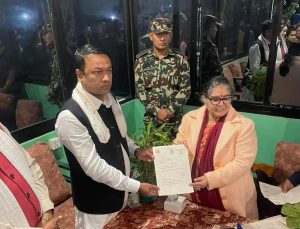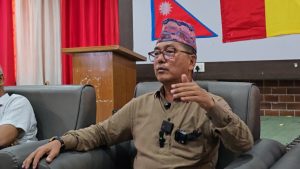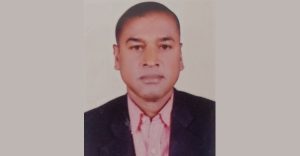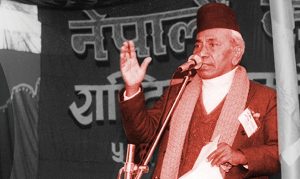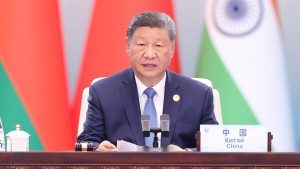Kulman Ghising, widely recognized for ending Nepal’s decades-long electricity shortage, is now preparing to light up the country’s political landscape. He has advanced plans to form a new political force named the Ujyalo Nepal Party, and preparations for its official registration are already underway.
Former Energy Secretary Anup Kumar Upadhyay will coordinate the party, while Ghising—currently serving in a government role—will not immediately take an active political position. The party will include a 51-member central committee, and its registration papers are expected to reach the Election Commission soon.
According to Jitram Lama, a member of the Ujyalo Nepal campaign, internal talks on the party’s name and election symbol are nearly complete. “We’ve decided to keep the name Ujyalo Nepal, as it carries a positive message and reflects the people’s trust,” Lama said.
Still, some differences have surfaced within the group. Sumana Shrestha, a former Member of Parliament who recently left the Rastriya Swatantra Party (RSP), has proposed a more collective leadership model and even suggested alternate names for the party.
In a social-media post, Shrestha wrote, “We must move away from personality-centered politics and embrace collective leadership rooted in clear ideas and actions.”
Ghising, however, maintains that the name Ujyalo Nepal holds both symbolic and emotional significance. To him, it stands for more than just an organization — it represents the same spirit of hope that once united Nepalis during the country’s historic energy transformation.
Reactions, Alliances, and Political Implications
Several leaders from the Nagarik Unmukti Party (NUP) — led by Resham Chaudhary and Ranjita Shrestha — have reportedly joined discussions about the party’s formation. Sources also say that individuals close to Kathmandu Mayor Balen Shah support the idea, describing Ujyalo Nepal as a “symbol of optimism.”
Political observers believe Ghising’s move could mark the beginning of a new wave of alternative leadership in Nepal. Having earned nationwide respect for ending load-shedding and improving public utilities, he now seems ready to channel that credibility into political reform and national development.

